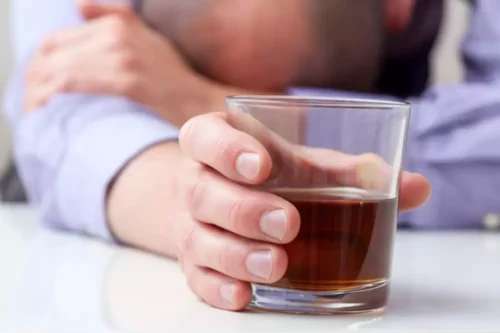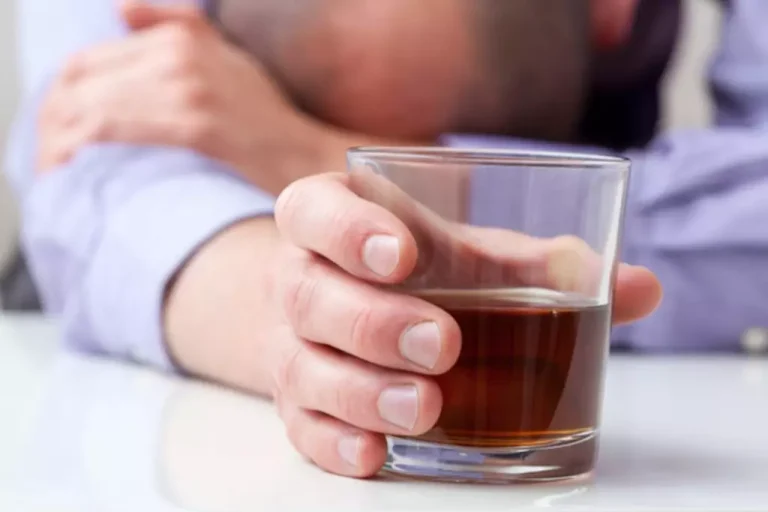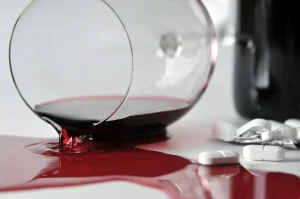Sober living
What Does Being Drunk Feel Like?

The effects of alcohol can last from a few hours to longer, depending on various factors, including the amount consumed, individual metabolism, and overall health. However, the social context can also contribute to risky behaviors, such as binge drinking or drinking and driving. Understanding the influence of social settings on drinking behavior is crucial for promoting healthier drinking habits. At Inner Voyage Recovery, we recognize that alcohol use can sometimes escalate beyond social drinking and become a more serious issue.
Drug-Related Crime Statistics & Facts
At this stage, many people enjoy the social and relaxed feelings alcohol what is alcoholism brings. It’s easy to underestimate the effects because they feel mild, but your brain and body are already being affected. The way you feel changes depending on how much alcohol you’ve consumed, how fast you drank it, and your body’s individual reactions. Here’s what you can expect during different stages of drunkenness. We all know that the brain is the main source of the body’s functions.
Heroin Withdrawal: Signs, Symptoms, & Treatment
It’s essential to recognize that, despite feeling in control, your ability to make sound judgments is greatly reduced. However, as you continue to drink, these effects intensify and can lead to more dangerous outcomes. Your liver can only metabolize a certain amount of alcohol per hour, which means excess alcohol circulates in your blood, causing further impairment.
Mental Health Treatment

And no matter what “type of drunk” you are, if you find yourself drinking frequently and struggling to control your consumption, it may be a sign that it’s time to cut back. Do you know someone who always seems to black out after drinking? People who consume a lot of alcohol in a short period of time (AKA binge drinking) can sometimes experience memory loss, remembering little to nothing of the night before. You’ve probably noticed that some people seem to hold their liquor better than others. In fact, you probably know someone who, no matter how much they drink, never seems to act drunk. One might say that this person has a “high tolerance” for alcohol.

Isolation happens when someone becomes uncomfortable drinking in front of concerned family and friends. People may feel embarrassed by being called out and choose to start drinking alone. Finnish researchers have found a gene mutation in the serotonin 2B receptor linked to reckless behavior under the influence of alcohol. People with this gene are also more likely to be impulsive https://ecosoberhouse.com/ when sober, and more likely to suffer from mood disorders.
Discover what sets physical and psychological dependence apart and their impact on addiction recovery. “Explore the journey of Self-Injury Awareness Day, its impact, resources, and ways to promote understanding.” Discover how to face fear in recovery with coping strategies and support to embrace a stronger, healthier you.
How Do I Know if I’m an Alcoholic? Warning Signs and Treatment Options
Discover essential tools for addiction recovery and bolstering sobriety. Unravel addiction relapse rates in the United States and discover strategies for prevention. “Why do recovering alcoholics crave sugar?” Discover the science behind this common question in our guide. Discover practical steps on how to deal with an alcoholic, from setting boundaries to seeking help.
Can Motivational Interviewing Help Addicts in Recovery to Heal?

The brain is trained to depend on alcohol for the production of those feel-good endorphins. And the more alcohol that is consumed, the higher the brain’s tolerance can be for reaching those “positive” effects. More and more alcohol is needed before the brain’s reward center is satisfied. When you consume alcohol, it is absorbed through the stomach lining and into the bloodstream. From that first sip, it takes only five minutes to reach your brain where feel-good endorphins are released. These work to ease stress and anxiety, reduce feelings of pain, and boost mood.
- Dove Recovery in Columbus, Ohio, is ready to support your journey in treating AUD.
- Alcohol is a central nervous system depressant that can have a wide range of effects depending on the individual and the amount consumed.
- This concept pertains to the body’s reaction to ongoing alcohol consumption, particularly how it adapts and responds over time.
- These individuals maintain their composure and appear largely unaffected by intoxication.
- However, it’s important to note that even mild intoxication can impair judgment and coordination, making it unsafe to engage in activities such as driving.
Behavioral Tolerance to Alcohol
Discover effective ways to help an alcoholic on their path to sobriety – from expressing concern to seeking professional help. Discover how recovery and thoughts of using strategies can empower healing and boost resilience in your journey. Discover the role of community in fostering mental well-being and boosting overall quality of life. Learn how to develop a personal mantra for mental clarity and embrace inner peace in your daily life. Explore understanding the psychology of introverts and extroverts to better navigate social dynamics and relationships.
Factors Affecting Insurance Coverage for Substance-Use Treatment
The experience of being drunk can be divided into several stages, each characterized by different physical and emotional effects. Understanding these stages can help individuals recognize the signs of intoxication and avoid potential harm. Alcohol significantly impairs judgment and decision-making abilities. This impairment is what is it like to be drunk due to its effect on the brain’s prefrontal cortex, which is responsible for rational thinking and impulse control.
